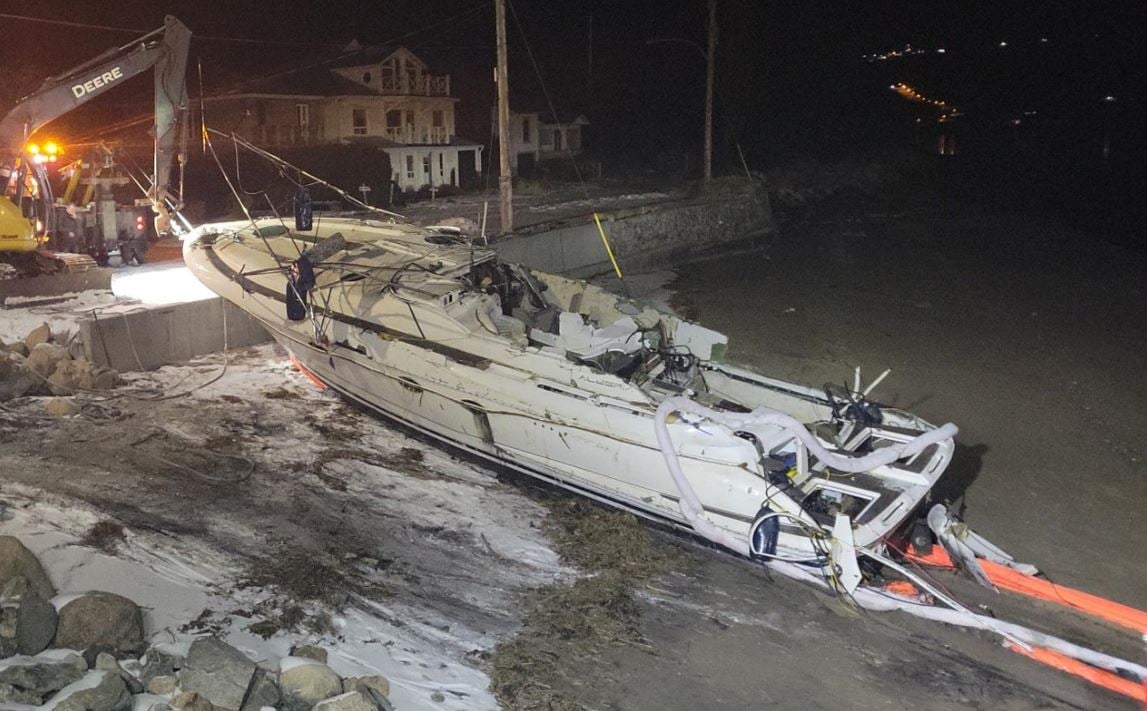American pilot Chesley Sullenberger, the hero in what people have come to know as the "miracle on the Hudson," was the keynote speaker at the opening ceremony of the National Safety Council's 2012 Congress and Expo. He talks about how his upbringing played an important role in the successful outcome of that fateful day in 2009.
ORLANDO — The U.S. National Safety Council (NSC) opened its annual Congress and Expo in this city celebrating 100 years of progress for the “safety movement” with close to six million lives saved over the last century.
“One hundred years ago, corporate leaders came together for the first safety congress and envisioned a national organization solely dedicated to the promotion of safety — the National Safety Council,” said NSC president and CEO Janet Froetscher in a statement.
“Over the past century, the National Safety Council has stayed true to its mission, and through the safety industry’s combined efforts in education, advocacy and compliance, we estimate nearly six million lived have been saved,” Froetscher said.
The NSC kicked off its conference with keynote from “miracle on the Hudson” hero pilot, Chesley Sullenberger, who in 2009, successfully initiated emergency landing of US Airways Flight 1549 on the Hudson River in New York City. All 155 passengers and crewmembers on board the flight survived.
Addressing thousands of conference attendees, Sullenberger said after the incident, he felt he had been training all of his life to prepare for that fateful moment in 2009.
“I have the good fortune of growing up in a safe, stable environment… where striving for excellence is the ideal,” said Sullenberger. “We have to keep learning and growing and stretching ourselves, reinventing ourselves.”
Although he had received all the praise and media attention, Sullenberger said the successful outcome of Flight 1549 is attributed to all members of his crew, from his first officer to the flight attendants to the ground crew.
“Sometimes, life and death, success and failure are separated only by seconds and feet,” he said.
Sullenberger is not a stranger to the safety world, having been part of a team that conducts accident investigations for the U.S. Air Force and the Airline Pilots Safety Association that worked to make air travel safer.
Now retired, Sullenberger has authored books and is a frequent speaker on leadership and safety. He stressed the importance of safety, not just for successful outcomes but also for financial gains.
“We have made great progress (in aviation safety), but we’re not done yet,” said Sullenberger. “There’s also a strong business case for safety. In anything but the shortest term, quality and safety go together, not just to improve outcomes but to improve the bottom-line.”
Also present at the opening ceremony was Elizabeth Dole, who is this year’s recipient of the NSC Flame of Life Award and recognized as one of the century’s foremost leaders in safety. Dole served as secretary of labour and secretary of transportation in the 1980s. She was instrumental in enacting the U.S. law that set the 21-year-old drinking age, and instituting other significant initiatives aimed at improving workplace health and safety.
Dole said although the safety movement has made great progress in the last 100 years, there is more work to do.
“My wish for the NSC and each of you is that when it come to safety, you will continue to stand ready, as you always have in the last century, to do something great,” Dole told conference attendees.
More than 15,000 environmental, health and safety professionals are attending this year’s NSC Congress and Expo. The conference and exhibition runs from Oct. 20 to 25.
ORLANDO — The U.S. National Safety Council (NSC) opened its annual Congress and Expo in this city celebrating 100 years of progress for the “safety movement” with close to six million lives saved over the last century.
“One hundred years ago, corporate leaders came together for the first safety congress and envisioned a national organization solely dedicated to the promotion of safety — the National Safety Council,” said NSC president and CEO Janet Froetscher in a statement.
“Over the past century, the National Safety Council has stayed true to its mission, and through the safety industry’s combined efforts in education, advocacy and compliance, we estimate nearly six million lived have been saved,” Froetscher said.
The NSC kicked off its conference with keynote from “miracle on the Hudson” hero pilot, Chesley Sullenberger, who in 2009, successfully initiated emergency landing of US Airways Flight 1549 on the Hudson River in New York City. All 155 passengers and crewmembers on board the flight survived.
Addressing thousands of conference attendees, Sullenberger said after the incident, he felt he had been training all of his life to prepare for that fateful moment in 2009.
“I have the good fortune of growing up in a safe, stable environment… where striving for excellence is the ideal,” said Sullenberger. “We have to keep learning and growing and stretching ourselves, reinventing ourselves.”
Although he had received all the praise and media attention, Sullenberger said the successful outcome of Flight 1549 is attributed to all members of his crew, from his first officer to the flight attendants to the ground crew.
“Sometimes, life and death, success and failure are separated only by seconds and feet,” he said.
Sullenberger is not a stranger to the safety world, having been part of a team that conducts accident investigations for the U.S. Air Force and the Airline Pilots Safety Association that worked to make air travel safer.
Now retired, Sullenberger has authored books and is a frequent speaker on leadership and safety. He stressed the importance of safety, not just for successful outcomes but also for financial gains.
“We have made great progress (in aviation safety), but we’re not done yet,” said Sullenberger. “There’s also a strong business case for safety. In anything but the shortest term, quality and safety go together, not just to improve outcomes but to improve the bottom-line.”
Also present at the opening ceremony was Elizabeth Dole, who is this year’s recipient of the NSC Flame of Life Award and recognized as one of the century’s foremost leaders in safety. Dole served as secretary of labour and secretary of transportation in the 1980s. She was instrumental in enacting the U.S. law that set the 21-year-old drinking age, and instituting other significant initiatives aimed at improving workplace health and safety.
Dole said although the safety movement has made great progress in the last 100 years, there is more work to do.
“My wish for the NSC and each of you is that when it come to safety, you will continue to stand ready, as you always have in the last century, to do something great,” Dole told conference attendees.
More than 15,000 environmental, health and safety professionals are attending this year’s NSC Congress and Expo. The conference and exhibition runs from Oct. 20 to 25.





